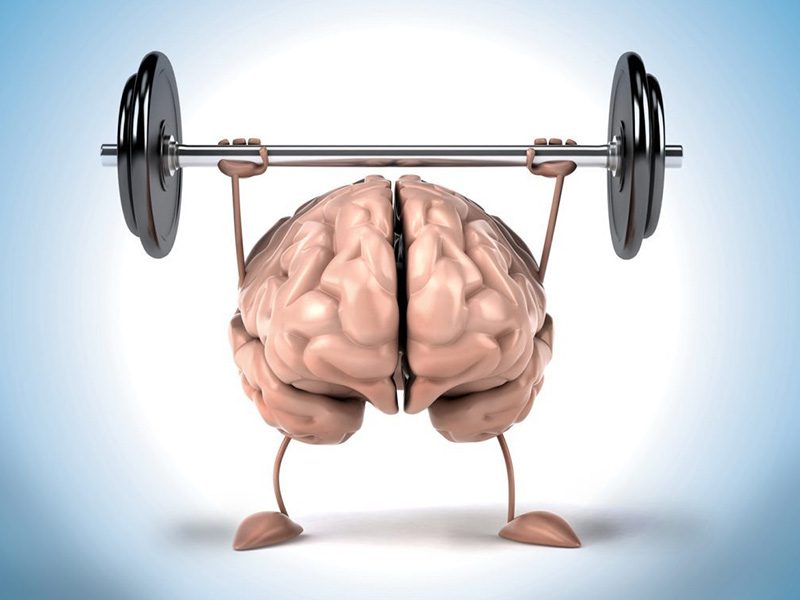With age, everyone’s brain undergoes changes and brain functions also change.
Brain degeneration is common with aging and can result in diseases such as Alzheimer’s and dementia in old age.
But some habits protect against age-related cognitive decline by improving brain function while helping to focus on a task.
There are a few simple ways that can successful in keeping your brain functioning as you age.
Activate the mind

Research reports discovers that brain activity triggers a series of new connections in nerve cells and possibly even the formation of new brain cells.
It also increases brain flexibility and protects functions from impairment. Any activity that stimulates the mind can be helpful in this regard such as studying, new courses, word puzzles or riddles etc.
Even if you don’t feel like doing this, you can get these benefits by drawing.
Physical exercise

Research reports show that being physically active is also beneficial for the brain.
An active mind can not exists in inactive body.
Animal research reports discovers that animals that are physically active have an increase in the small blood vessels that supply oxygen-rich parts of the brain. Exercise also accelerates the formation of new nerve cells and increases the connections between brain cells.
As a result, the brain becomes more active, flexible, and adaptive. While physical activity lowers blood pressure levels, improves cholesterol levels, helps balance blood sugar, and reduces stress, all of which are elements of the brain. It is also helpful for heart health.
Consuming a good diet

Good nutrition helps to keep the mind as well as the body sharp. For example, a diet high in fruits, vegetables, fish, nuts, olive oil, and plant-based proteins reduces the risk of cognitive decline and dementia.
Improve blood pressure levels

High blood pressure in middle age increases the risk of dementia in old age. Lifestyle factors help lower blood pressure. Blood pressure levels can be normalized by maintaining a normal body weight, exercising regularly, trying to avoid stress and eating well.
Control blood sugar

Diabetes is a major risk factor for dementia. But the good thing is that it is possible to avoid diabetes by eating well, being physically active and keeping your body weight under control. On the contrary, if the blood sugar level remains high continuously, medication is needed to control it. For which a doctor should be consulted.
Improve blood cholesterol levels

LDL cholesterol, considered harmful, is also thought to increase the risk of dementia. Cholesterol levels can be improved on a long-term basis by diet, exercise, weight control and avoiding tobacco. If more help is needed, consult your doctor for medication.
Avoiding smoking

There is no need to tell more about the harms of smoking, apart from the lungs. This habit is harmful to the entire body. It also has negative effects on the brain and accelerates the process of mental degeneration.
Take care of your feelings

People who suffer from anxiety, depression, sleep deprivation or fatigue also tend to score poorly on tests of mental functioning. Of course, these poor scores do not indicate the risk of mental decline with aging. But good mental health and adequate sleep can prevent these problems.
Social interaction

Strong connections with people reduce the risk of dementia while also lowering blood pressure levels.
A sound sleep

Make it a habit to sleep for a reasonable amount of time before and after learning something new. When you’re tired, it’s harder to focus on things, and when you enjoy sleep after learning something, it helps the brain organize new information so that it can be recalled when needed. A good night’s sleep is also beneficial for memory and mood. Adults need 7 to 8 hours of sleep each night, during which the brain cleans itself and flushes out harmful substances.
Read more: Lack of sleep can also make you ‘insensitive and selfish’


